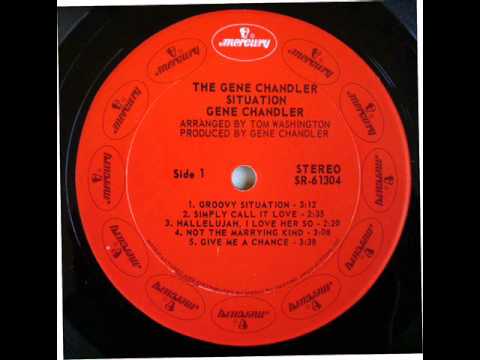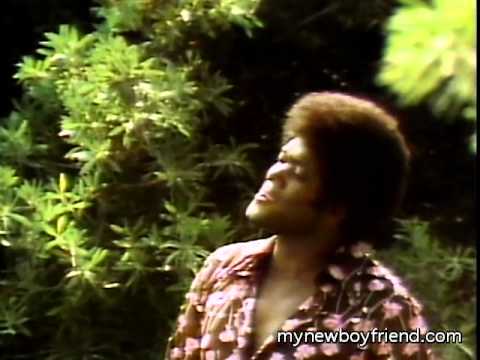Knox’s blend of pop music meshes bluntly confessional lyrics with hypnotic loops and earworm hooks; if Carly Rae Jepsen’s songs live in a Malibu Dream House, Knox’s hang out in a hip Brooklyn loft. Taking cues from the world of hip hop and pop superstar Charli XCX, she’s bypassing the album format (for now) to release a collection of her latest singles and works in progress as the Hardwired Mixtape, out today on all major streaming and digital platforms. The 11-track collection is an entrancing insight into an artist still honing her craft, yet Hardwired mixes in as many bankable potential smash singles as most chart-topping albums. POPDOSE caught up with Knox on the eve of the mixtape’s release.
POPDOSE: The “street hustle years” of both Madonna and Lady Gaga are a big part of their legends—how goes that phase of your career? What do you do to score gigs, tours, media, clicks, followers, etc.?
HAILEY KNOX: I always use click bait! Just kidding, I still to this day commute 2 hours each way into the city with all my gear (guitars, loop pedal, high heels) for shows, rehearsals and promo. I’m still in the street hustle years! I think as a musician, there will always be a hustle because you’re either touring, meeting new people, promoting new music, and just trying to catch up on sleep. I am very critical of what I put out to the world and always make sure my covers, lyrics and music are the best they can be. The music is the most important to me!
In my day, mixtapes were exactly that—cassettes and then CDs, dubbed at home, sold at merch tables or traded out of car trunks. What inspired the creation of this digital mixtape and how did you select the songs and sequence?
KNOX: Some of the songs on the tape work as interludes and help to transition one full song into the next. Labeling this project as a “mixtape” works because the songs are in different worlds. There are some completed, fully produced, and others that are ideas that could potentially be full songs. ‘Hold me’, ‘3 am’, ‘Fake a Laugh’ and ‘Unicorn Mushroom’ give you an idea of how I create. One of them is a voice memo I took directly from my iPhone because I felt like it’s raw and shows how music is such a big part of my life.
What is one of your most memorable experiences on the road so far — either with fans, from the stage, or along the road between gigs?
KNOX: There have been so many crazy, amazing tour experiences. While on tour with R5, the tour bus broke down the very last week. We almost didn’t make it but managed to get there just just time! I also will always remember on my first tour with Charlie Puth, we played New Orleans and my loop pedal (my band) wasn’t working at all. I kind of freaked out but just told the audience I’d play acoustically. A lot of times things don’t go as planned on tour, but you definitely learn from them and they make for great stories!
What — pray tell — is that delicious riff in ‘Bitch, Bitch, Bitch’? Sounds like an a cappella guitar hook.
KNOX: Thank you! My friend Miles Neretin and I were jamming a few years back and he was playing this killer stand up bass part over the song. The guitar part came from us playing off one another. Instead of strumming, I ended up hitting the guitar strings and creating this different sound. While producing the song, I also used my loop pedal to create a tremolo effect with my vocals which you hear in the track.
What topics do you primarily bitch, bitch, bitch about?
KNOX: I love performing but practicing is really hard for me. I love creating and playing in front of an audience but when it comes to practicing the same songs over and over, I get a little frustrated. I end up creating new parts instead of rehearsing. I think it’s because I have a terrible attention span and my brain is always coming up with new ideas.
Is that track a nod to the Complainer in Chief?
KNOX: Who, me? The song reminds me to not complain! It’s a reminder to stay focused on all the positive things in my life.
Is the album (as a format) dead—or do you someday hope to release one?
KNOX: I do hope to eventually release an album. I’m still developing my sound and think I always will be. I love a lot of genres so it’s hard for me to sit down and focus on one sound production wise and lyrically for an entire album. Although, I do want to get all my ideas out to the world and release as much music as possible.
What role does fashion, photography, and video play in your image, stage show?
KNOX: I usually wear a high heel because I’m really short and change up what I wear depending on how I feel. I wear a lot of black and usually let my hair do go crazy!

If you were starring in A Star is Born — perhaps even a platonic version and/or one with a happier ending — which music star would you want to help lift you up to superstar status?
KNOX: A Star is Born was such a beautiful movie. If I were in that position I think Ed Sheeran would be so cool to sing on stage with and tour with. We could have a loop pedal battle! I also think Zak Abel is really talented and has such a soulful voice.
Is there any fellow rising star in your world now you would return the favor to?
KNOX: If I was ever at Lady Gaga’s level I would help anybody and want to collab with a lot of artists!
Stream the Hardwired Mixtape or download Hailey Knox’s A Little Awkward EP.










